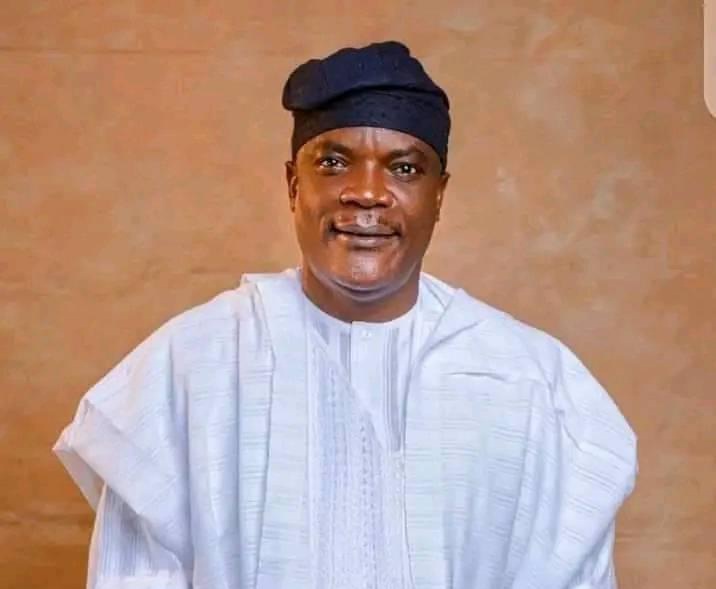Shiddi Usman, a former House of Representatives member representing Wukari/Ibi Federal Constituency, has announced his departure from the All Progressives Congress (APC) and hinted at forthcoming political maneuvers. His resignation follows a period of introspection and escalating disenchantment with the ruling party’s internal trajectory and principles. Usman, who maintained loyalty and commitment since joining the APC in 2020, expressed a growing dissonance between his personal beliefs and the party’s actions, culminating in his decision to sever ties.
Usman’s political career, spanning the 8th and 9th National Assemblies, is marked by active legislative engagement and grassroots mobilization, particularly in southern Taraba. His prominence grew during the 2023 Taraba South senatorial race, where he emerged as a frontrunner for the APC ticket. However, a contentious internal dispute with Senator David Jimkuta escalated into a legal battle, ultimately resulting in Usman’s removal from the ballot despite initial party recognition. The Supreme Court’s ruling in favor of Jimkuta was denounced by Usman as a miscarriage of justice and a betrayal of the electorate’s will.
The 2023 senatorial election was particularly significant for Usman, as he claims to have secured victory against former Governor Darius Ishaku of the Peoples Democratic Party (PDP) in nearly all Local Government Areas. Despite this apparent mandate, internal party strife and court decisions thwarted his candidacy, leaving him deeply frustrated with the APC’s internal processes. This experience played a pivotal role in his decision to leave the party, solidifying his belief that the APC no longer aligned with his political ideals and commitment to serving the people.
Usman, who is already mobilizing support for the 2027 elections, is actively engaging in consultations and remains dedicated to advocating for justice, accountability, and the aspirations of his constituents. While he hasn’t disclosed his next political move, his exit from the APC marks a significant shift in the political landscape of Taraba State, leaving many speculating about his future affiliations. His track record of grassroots engagement and vocal criticism of the APC suggest he may seek a platform that better aligns with his principles and offers a stronger voice for the people he represents.
Usman’s decision to leave the APC underscores the complexities of internal party dynamics and the challenges faced by politicians navigating power struggles and ideological differences. His experience also highlights the impact of legal battles on electoral outcomes and the potential for such disputes to disenfranchise voters. As he prepares for the 2027 elections, Usman’s political trajectory will undoubtedly be closely watched, as he seeks to regain momentum and continue his advocacy for the people of Taraba South.
The unfolding political drama in Taraba State emphasizes the precarious balance of power within Nigeria’s political parties and the crucial role of individual politicians in shaping the nation’s democratic landscape. As Usman embarks on his new political journey, his actions will not only impact his own career but could potentially reshape alliances and influence the political discourse in Taraba and beyond. His commitment to justice and accountability, coupled with his experience and grassroots mobilization skills, position him as a significant player in the upcoming elections, leaving political observers anticipating his next move with keen interest.


